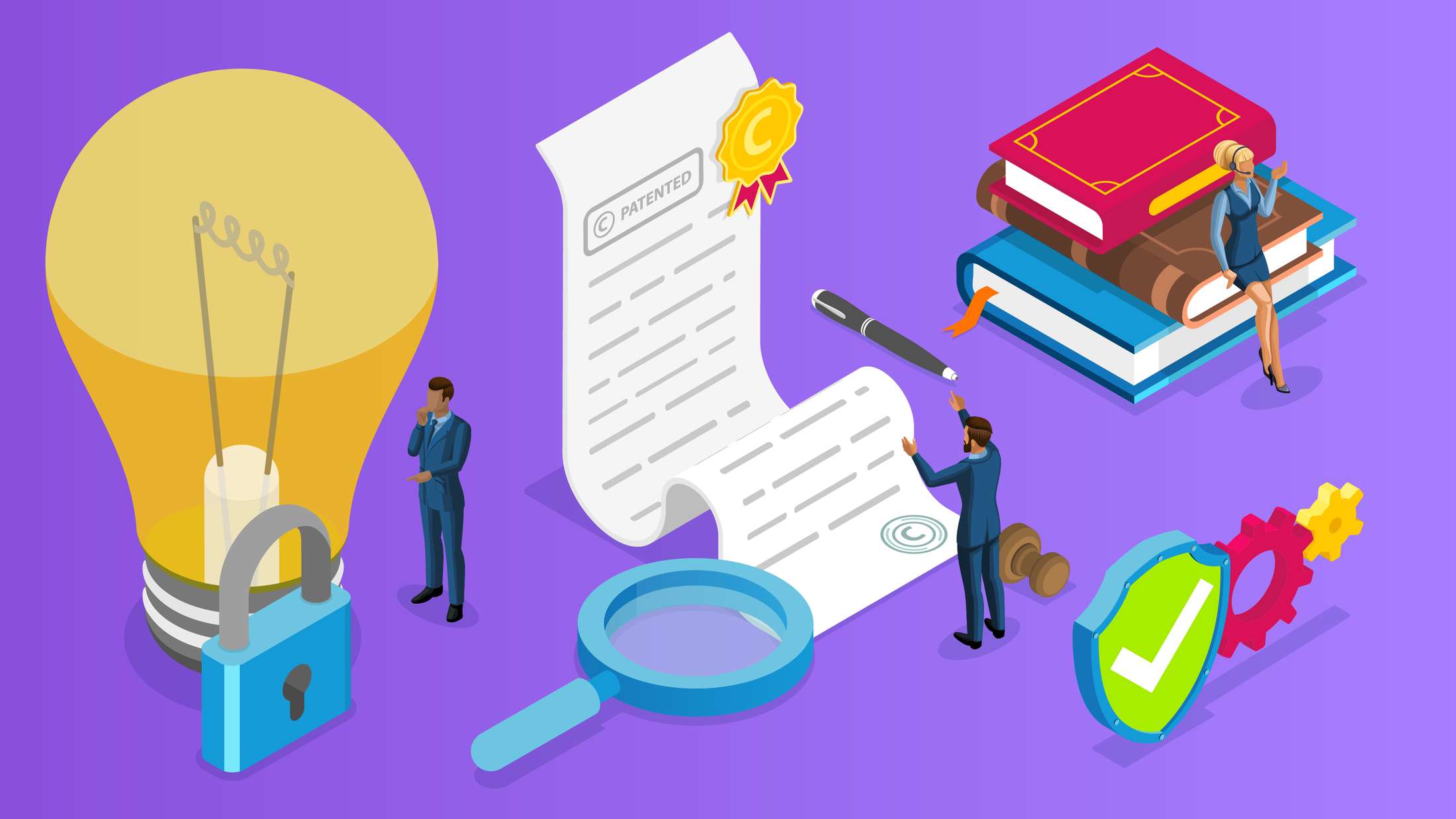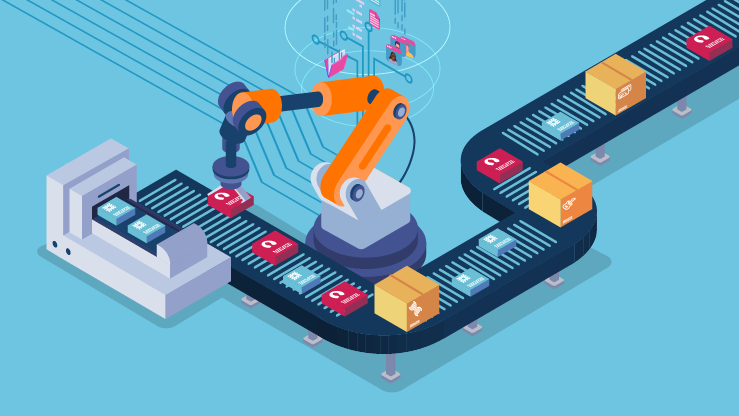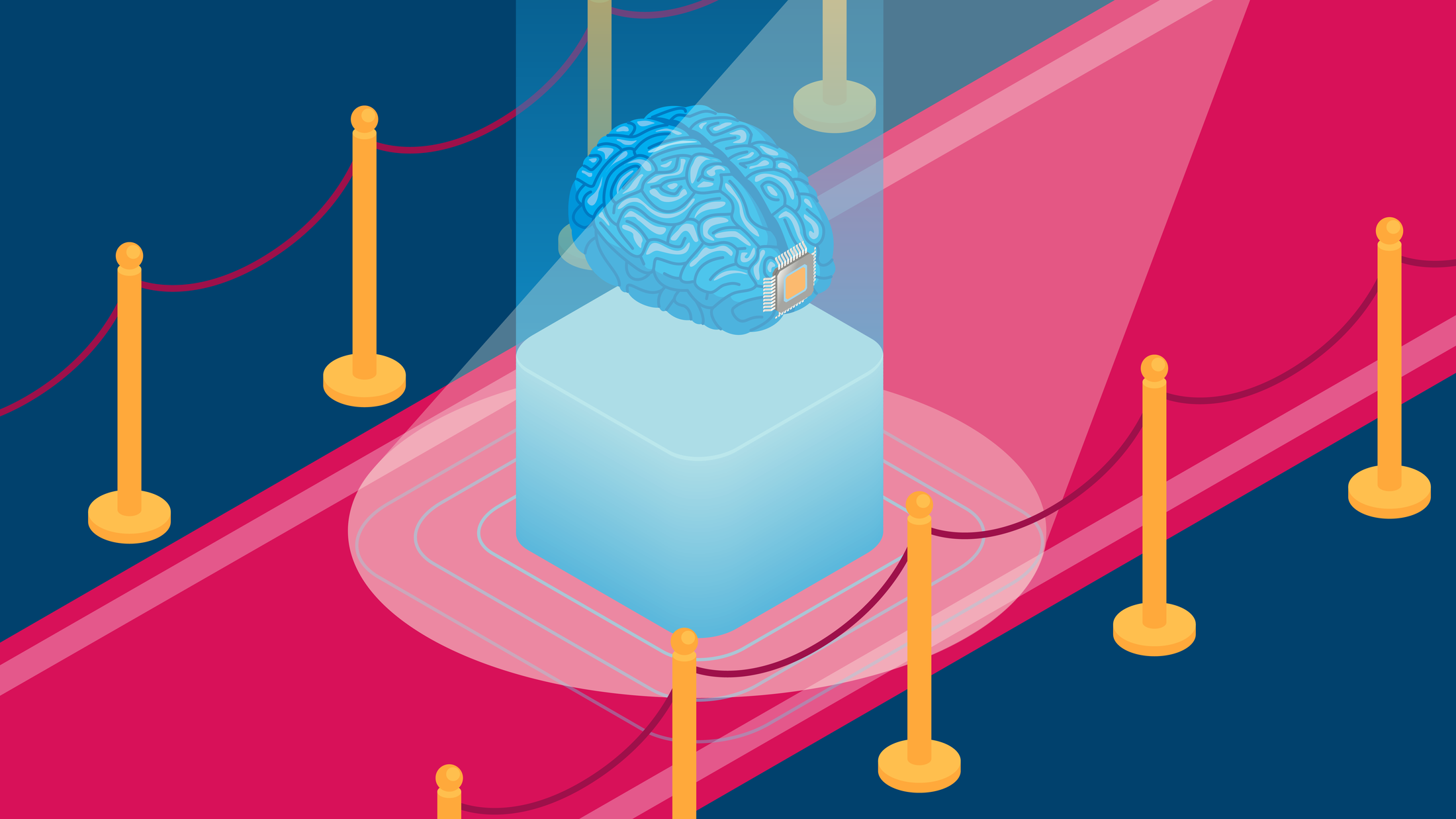In recent weeks one of the rap industry’s most famous feuds flared up once again, as Drake and Kendrick Lamar each released a tirade of tracks that grabbed the global spotlight—for reasons good and bad. For there’s more than witty lyricism and hyper-creativity at play here. This battle is fraught with significant risk, as Drake joining the long list of AI users to run into intellectual property (IP) problems shows only too well.
A short history of a long-standing feud
Drake and Kendrick Lamar’s relationship as rap stars goes back to the early 2010s, when the two started out on friendly terms. Since then their careers progressed in different lanes—albeit, with each finding huge commercial success. Over the years their differences led them to exchange subtle ‘digs’, mainly when featuring on other artists’ tracks. For a while things seemed to die down. Then just a few weeks ago Kendrick Lamar made a surprise feature on the track ‘Like That’ from Future and Metro Boomin’s collaborative album ‘We Don’t Trust You’. His lyrics sparked a supercharged battle in which the rap rivals released no less than nine ‘diss tracks’ in four weeks.
The case of the missing track
In his response to Kendrick Lamar’s rapid release of tracks, Drake put ‘Taylor Made Freestyle’ out into the world. The song gained notoriety at once, as it featured the AI-generated vocals of Snoop Dogg and the late Tupac Shakur, without the permission of his estate.
A few days after the track’s release, Tupac’s estate demanded that Drake delete the track within 24 hours. The cease and desist letter from the lawyers of Tupac’s estate called the track a “flagrant violation” of the law and warned the estate would pursue legal action if the track wasn’t taken down by the deadline. Drake responded by removing the track from his Instagram account.
Digging into the legal ground
In using an AI tool to imitate another artist’s vocals, Drake experienced an IP issue that is increasingly being seen in courts around the world. In order to produce outcomes, the AI tool demands a vast amount of training data it uses to learn from. This training data is scraped from a multitude of private and public sources, and without the appropriate licenses and consent, the user can find themselves being accused of infringing on third-party IP. In this case, the AI tool may have processed recordings of Tupac, perhaps using copyrighted tracks as training data. Then looking specifically at output, who can we say actually owns the content that’s produced. The lack of specific ownership laws can make this landscape feel like the Wild West.
There are copyright issues to consider too. Compositions are automatically copyrighted the moment they’re finished. However to receive this protection, works must be deemed as original—something brought into question by AI tools which use existing works to learn from. As well as struggling to receive copyright protection, the works may be seen to violate on third-party copyright if the work is similar to another professionals. It’s highly likely that artists enforce their copyright, especially if they see the alleged infringing material achieving commercial success. It’s no wonder that Tupac’s estate objected, particularly as Drake’s actions also raised questions around respect for Tupac’s legacy, encouraging an emotional and therefore litigious response.
Insurance for new and evolving exposures
While disputes like this rarely play out in the public sphere, they are becoming a real possibility for businesses worldwide. Be it in media and entertainment, healthcare, retail, finance, education and so on, industries are being transformed by AI, with tools introducing significant benefits as well as new and evolving exposures—whether its defending against an infringement claim or protecting their own rights.
That’s where insurance comes in. Designed to lend businesses crucial support, a comprehensive policy can protect against the financial risks of IP disputes, enhance confidence among stakeholders, support innovation and growth, and offer invaluable peace of mind in this increasingly complex environment.
Operating in this high-profile landscape, Drake, Kendrick Lamar and the record companies involved will have robust insurance in place to address a variety of exposures, from the various IP and technology risks to breach of contract and defamation—the allegations in each track do seem to escalate. In this sense, perhaps the best lesson we can learn from this saga is that all companies with an IP exposure do the same.
It’s not just record companies that get dragged into disputes. Get in touch with our IP team and our media team to learn more about what we cover and how you can get started.



